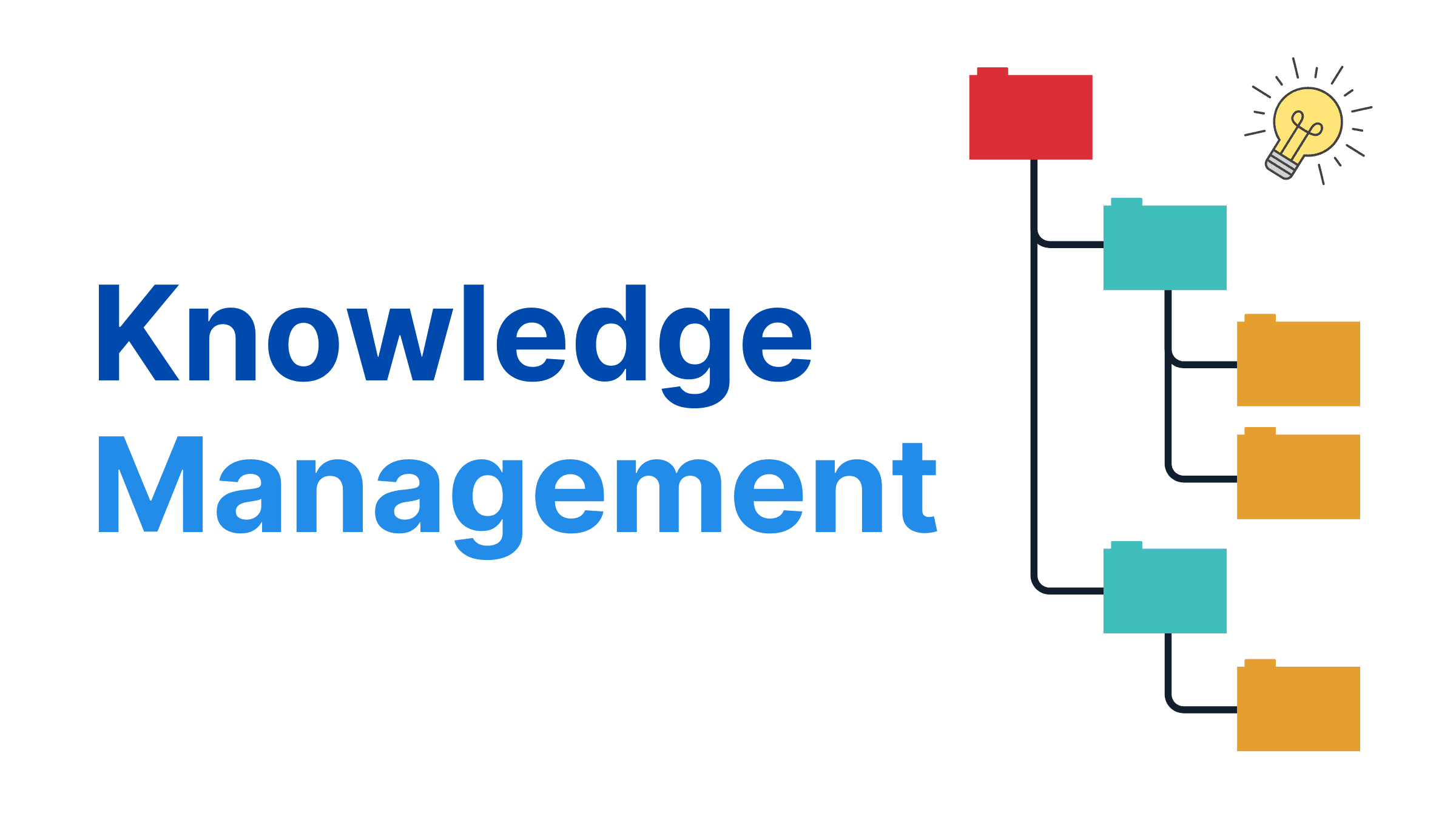Knowledge Management Class Reflection: Case Study and Course Insights
John Roice Aldeza
Published on September 16, 2024

In today’s class, our facilitator mentioned that we are nearing the end of the course. We focused on Case Study 1, learning how to approach and create case studies. Beyond just analyzing scenarios, we were encouraged to refer to various readings to deepen our understanding. Together, we dissected case studies to understand their components better.
We revisited the concepts of data, information, and knowledge, breaking them down as follows:
- Data is objective, unprocessed, and has no inherent meaning. It is quantifiable, and too much of it can lead to data overload.
- Information should be objective, processed, and meaningful. Like data, it’s quantifiable, but there is a risk of information overload.
- Knowledge, however, is subjective and meaningful for specific purposes. Unlike data and information, it’s not quantifiable, and there’s no such thing as knowledge overload.
We also touched on the P+D+O+C approach to management: Plan, Direct, Organize, Control, which are the key functions that drive effective management.
Information Systems and Peopleware
The class explored Information Systems (I.S.), which are made up of hardware, software, and peopleware. While hardware and software are predictable and can be tested, peopleware is volatile, with emotions that can impact business processes, making it unpredictable at times.
Becoming a Manager
We also discussed what it takes to become a manager. A manager must be a leader, someone who can provide clear direction. This is why departments in institutions have mission and vision statements—they serve as a guide for decision-making and direction.
The Importance of Knowledge Management
Our facilitator emphasized that managing knowledge is crucial because it gives organizations a competitive edge. Sharing best practices, adapting to rapid change, and managing globalization are key reasons why knowledge management is vital. Effective knowledge management improves processes by making valuable information easily accessible, which benefits organizations in several ways:
- Encourages collaboration
- Allows faster decision-making
- Prevents duplication of efforts
The class also touched on how the government spends billions each year creating knowledge. We must capture, preserve, and share this knowledge to maximize its value.
The Knowledge Management Cycle
- Generating: Creating, capturing, and collecting knowledge
- Codifying: Structuring the knowledge
- Organizing: Arranging knowledge for easy access
- Sharing: Making knowledge available to others
- Utilizing: Putting knowledge to use
- Updating: Keeping knowledge relevant
It was a comprehensive discussion, and I’m looking forward to applying these insights as we wrap up the course.